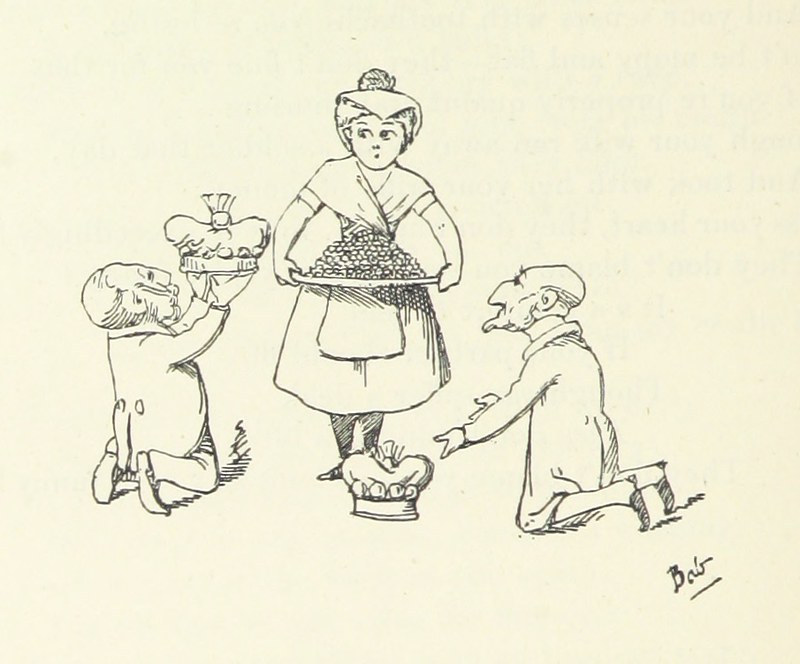I finished my rewatch of the Nolen trilogy this week and so I may as well finish off this series of “things you can take from Batman and put them in your game”.

Premise: The adventuring hub is in constant danger
Batman largely sticks to Gotham because The League of Shadows have threatened it specifically. They’ve decided that it’s the heart of human evil and wiping it out will start a human healing process (until the next pit of evil appears). Buffy has to hang around Sunnydale because that’s where the hellmouth is. In Rime of the Frostmaiden, the heros are forced to stay in the Dales because that’s all there is for miles around, but still it’s a good reason for them to protect it.
In many other D&D games, I’ve ended up all over the place, chasing bad guys over a long arc. But there’s definitely a game in the idea of the characters having some attachment to a particular place, and that place being underthreat. Each arc could be two or three sessions long, and then next week comes another bad guy with a slightly different motive and way of acheiving it. (This might be the premise of Monster of the Week.)
- The PC’s are guardians of the last temple of Ra, and if that falls so does all Order.
- The PC’s work for the Merchant City of Vilenau, a walled city of business that it always has an enemy after it.
- A galary of art collected from thousands of different realities and planes, some more valuable than the PC’s realise.
Hire from within
When, sadly, our PC is lost in battle, we tend to reach for a brand new character no one has ever heard of. That leaves a lot of buy in for the remaining members of the group. “Sure, person we literally just met, join us and share the items of our dead friend.”
How about, like Robin was inspired by Batman as a child, your next PC comes from one of the pool of characters that you already know about? I’m guessing that the DM will be more than excited to hand over the reigns of one of their NPCs. Or better yet, in your session zero when you’re creating contacts (you’re creating contacts, right?), create a character specifically in mind as your next character.
That way, the group gets to hang out with them and see scenes with PC 1 and PC 2 together. You’re not a total stranger joining and it’s not weird that Batman left his cave of things to Just Some Guy.
By the way, The One Ring has a whole ruleset for this stuff. Definitely check that out.
Spell: Bomb
Like turning a useful fusion energy source into a time-ticking doomsday device.
Bomb.
Level 3 Evocation spell. Ritual. Casting time: 1 minute.
Place the target item within the 1ft radius ritual circle. Part of the verbal components of the spell require announcing the duration, which can range from instant to 10 days. The duration begins once the casting is complete. When the spell expires, the target item explodes dealing 5d6 fire damage to all creatures within 20 ft.
Fire spreads and the blast goes around corners.
The damage can be increased by 1d6 for each additional level spent above 3.
FYI: DM’s should absolutely cast this on loot left behind as a trap by the bad guys. “I cast Detect Magic.” Well, that spoon sure looks magical.
Specifically items are specified, because targetted people with it is too gross for my table.

